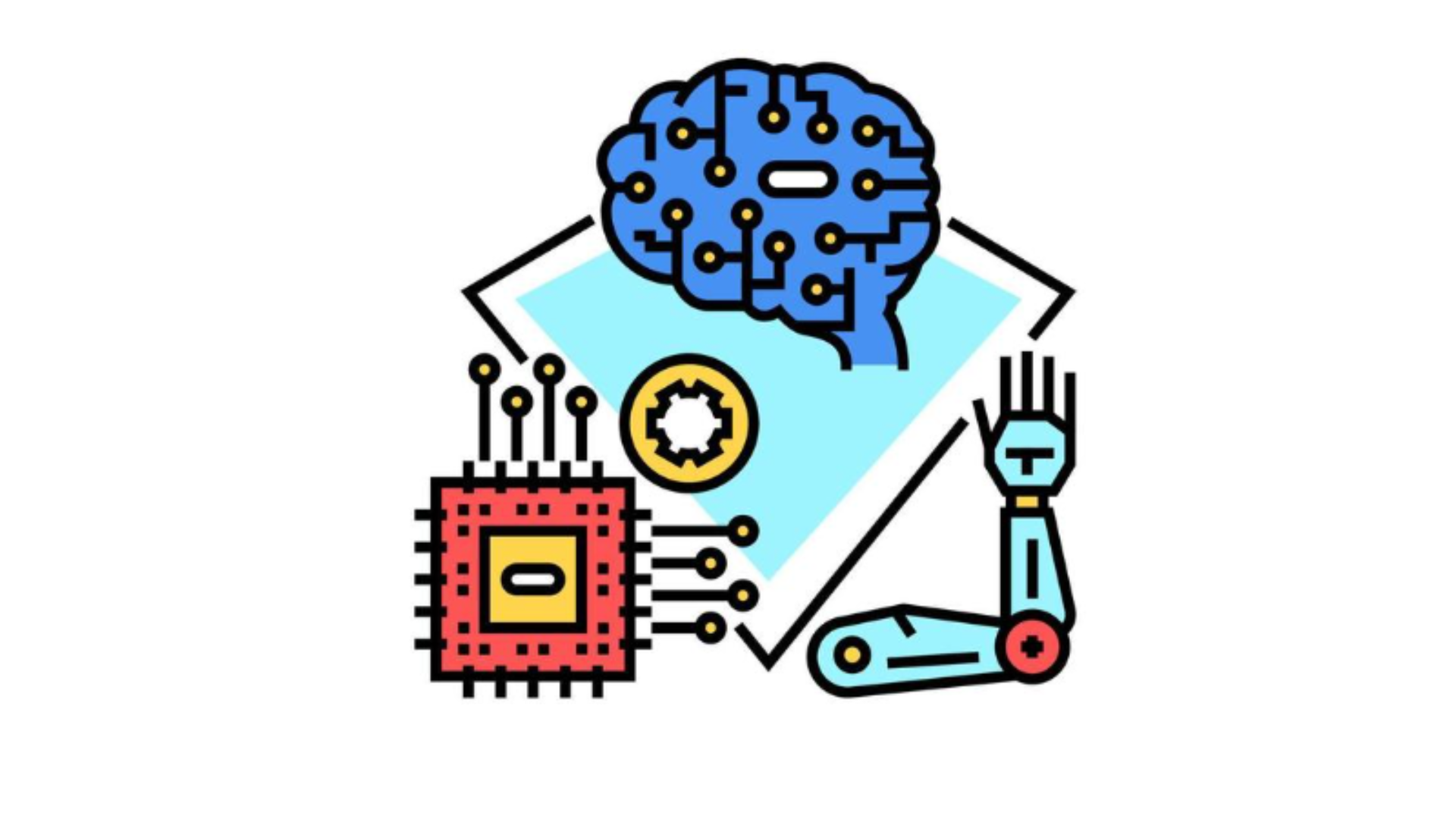What you will learn?
Explain key ethical principles and frameworks in AI
Recognize and address bias, fairness, and transparency issues in AI systems
Understand data privacy and security risks related to AI
Evaluate the social and workforce impacts of AI technologies
Promote ethical leadership and organizational AI governance
Advocate for responsible AI policy and regulation
Target Audience
Business professionals and managers
AI project leads and team members
IT and data governance professionals
HR and compliance officers
Policy makers and legal advisors
Anyone beginning their journey into AI and ethics
About this course
This course introduces the principles of AI Ethics and Responsible AI, exploring how organizations can build trustworthy and accountable AI systems. Through real-world demonstrations, interactive lessons, and practical frameworks, learners will explore ethical challenges such as algorithmic bias, transparency, accountability, privacy, and the impact of AI on the workforce and society.
Key topics include ethical AI development, data collection practices, fairness in algorithms, AI governance, privacy and security risks, and global perspectives on ethical AI policies. Learners will also discover how to embed responsible AI practices into organizational culture and understand the importance of ethical leadership.
By the end of the course, you will be equipped to identify ethical risks in AI initiatives and take the first steps toward implementing responsible AI strategies in your organization.
Requirements
No prior AI knowledge is required. Learners should have access to AI tools like ChatGPT or Bard to follow along with demonstrations.
Some tools may require a subscription for full functionality.
Related Courses








